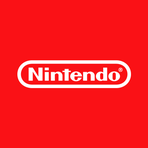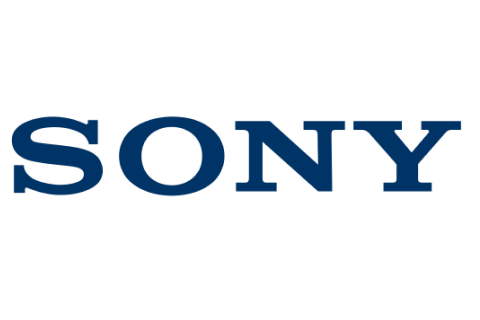Nintendo's DMCA Crackdown: A Royal Battle for Intellectual Property Rights in the Video Game Industry
May 10, 2024, 9:56 pm
In the ever-evolving landscape of the video game industry, Nintendo stands as a titan, revered for its contributions to gaming culture and innovation. However, beneath its regal facade lies a contentious issue that has sparked debate and criticism - Nintendo's approach to intellectual property infringement.
As the company continues its relentless pursuit to protect its copyrights, recent actions targeting circumvention tools like Lockpick and Kezplez-nx have ignited a fierce legal battle in the digital realm. These takedowns, part of Nintendo's ongoing DMCA operation, serve as a stark reminder of the company's unwavering commitment to safeguarding its intellectual property rights.
While Nintendo's actions may be seen as necessary to protect its creative works and maintain control over its products, they have also drawn scrutiny from some quarters. Critics argue that Nintendo's aggressive stance on fan-made projects and emulation software stifles creativity and alienates its passionate fan base.
The recent crackdown on Yuzu, a popular Switch emulator, and subsequent removal of thousands of related repositories on GitHub underscore Nintendo's zero-tolerance policy towards copyright infringement. The company's legal actions against tools like Lockpick and Kezplez-nx, designed to circumvent its technological measures and enable piracy, highlight the complex legal challenges posed by the digital age.
As Nintendo forges ahead with its DMCA operation, the gaming community watches with bated breath, anticipating the implications of these legal battles on the future of gaming. With the next iteration of the Switch on the horizon, Nintendo's efforts to protect its intellectual property rights signal a new chapter in the ongoing struggle between creators and consumers in the digital era.
In this era of rapid technological advancement and digital innovation, the clash between intellectual property rights and consumer freedoms continues to shape the landscape of the video game industry. As Nintendo navigates the complexities of copyright protection in the digital age, the repercussions of its DMCA crackdown reverberate throughout the gaming community, raising important questions about the balance between creativity, innovation, and legal enforcement in the ever-expanding world of gaming.
As the company continues its relentless pursuit to protect its copyrights, recent actions targeting circumvention tools like Lockpick and Kezplez-nx have ignited a fierce legal battle in the digital realm. These takedowns, part of Nintendo's ongoing DMCA operation, serve as a stark reminder of the company's unwavering commitment to safeguarding its intellectual property rights.
While Nintendo's actions may be seen as necessary to protect its creative works and maintain control over its products, they have also drawn scrutiny from some quarters. Critics argue that Nintendo's aggressive stance on fan-made projects and emulation software stifles creativity and alienates its passionate fan base.
The recent crackdown on Yuzu, a popular Switch emulator, and subsequent removal of thousands of related repositories on GitHub underscore Nintendo's zero-tolerance policy towards copyright infringement. The company's legal actions against tools like Lockpick and Kezplez-nx, designed to circumvent its technological measures and enable piracy, highlight the complex legal challenges posed by the digital age.
As Nintendo forges ahead with its DMCA operation, the gaming community watches with bated breath, anticipating the implications of these legal battles on the future of gaming. With the next iteration of the Switch on the horizon, Nintendo's efforts to protect its intellectual property rights signal a new chapter in the ongoing struggle between creators and consumers in the digital era.
In this era of rapid technological advancement and digital innovation, the clash between intellectual property rights and consumer freedoms continues to shape the landscape of the video game industry. As Nintendo navigates the complexities of copyright protection in the digital age, the repercussions of its DMCA crackdown reverberate throughout the gaming community, raising important questions about the balance between creativity, innovation, and legal enforcement in the ever-expanding world of gaming.

